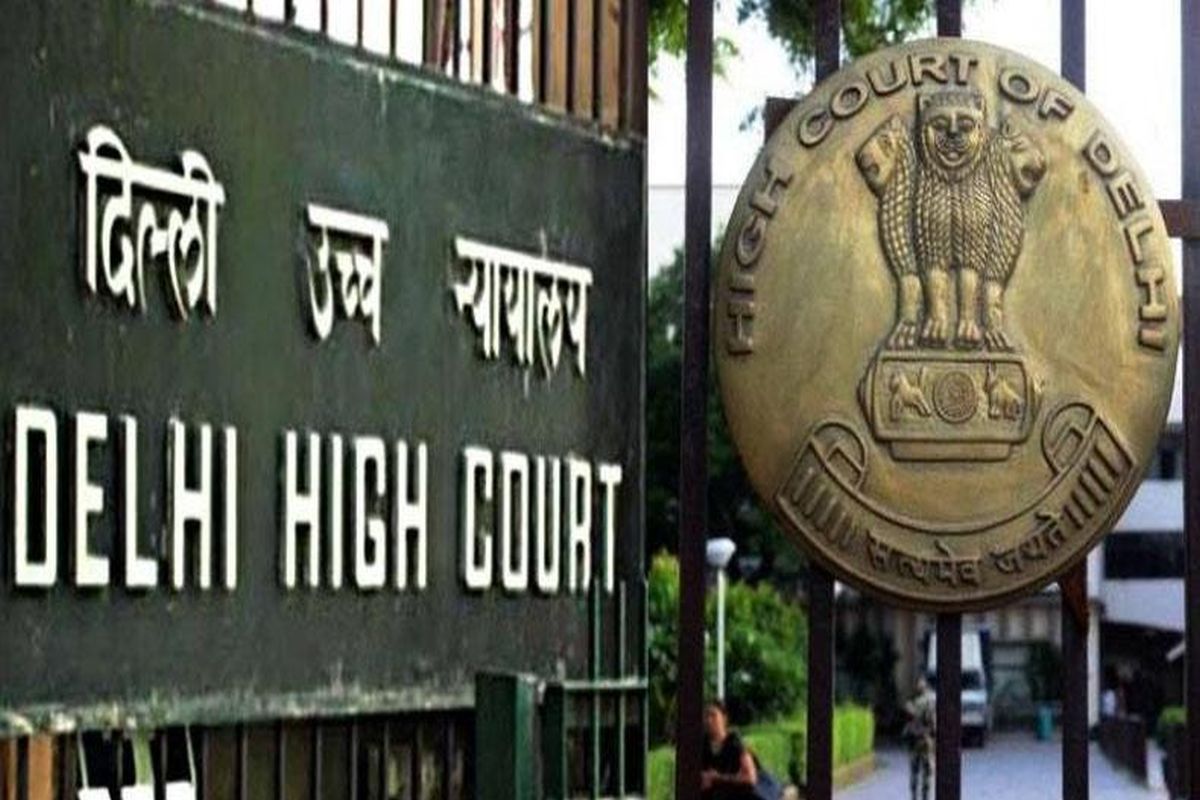While opposing the petition of the Delhi Waqf Board against the 123 claimed properties, the Central Government in a filed affidavit in Delhi High Court said that the Delhi Waqf Board is not and cannot be an owner of a given property and at best it can be the custodian of the property if it is a waqf property.
Earlier an affidavit has been filed before the court of Justice Manoj Kumar Ohri in a petition of the Delhi Waqf Board challenging the order to inspect 123 properties. Central Government in its affidavit also said that the Petitioner (Delhi Waqf Board) nor anyone else can have an objection to any inspection which would even otherwise be permissible under the Waqf Act and which in any case would clarify the factual position obtained on the ground in respect of such properties.
Advertisement
It also submitted that merely because certain properties were given on lease to various persons, does not ipso-facto mean that the said properties are converted into Waqf properties.
The Delhi Waqf Board is a creation of a statute i.e. The Waqf Act, 1954. This being the position, the Petitioner in any case does not either have the locus or the competence to raise any question whatsoever on the acquisition of properties that took place way back in 1911 to 1914, the affidavit submitted.
The central government was represented by Additional Solicitor General Chetan Sharma and Central government Standing Counsel Kirtiman Singh. They had submitted that the government order only speaks about the physical inspection of the properties.
Senior advocate Rahul Mehra had argued that the possession of the properties has been with the board. The board has been contesting the matter for the last 100 years and the decision of the government is blatantly illegal.
He sought a status quo in the matter till the next date of hearing. He also opposed the contention of the government counsels that the board has not shown any interest in the properties.
The Court had refused and said it cannot pass any such order at this stage without hearing the other side.
The Delhi Waqf Board has challenged the order by filing a petition through advocate Wajeeh Shafiq. It is said that the Union Government has no power to take such action in view of the Waqf Act. This Act has an overriding effect and is a complete code governing the Waqf properties.
The petition said the board is aggrieved by the conclusion that it does not have any stakes in the Waqf Properties totalling 123 in number; and the decision to absolve the petitioner from all the matters concerning the aforesaid 123 properties statutorily vest with the petitioner as per the provisions of the Waqf Act, 1995.
The Board has challenged the letter of 08.02.2023 conveying the aforesaid conclusion and decision to the petitioner on 13.02.2023.
It is stated that to arrive upon the said conclusion and decision, the Central Government has given flimsy reasons that the petitioner has neither shown any interest in those properties nor filed its objections/claims before the Two Member Committee formed by the Centre to re-examine the matter of 123 Waqf Properties.
Pertinently, the issue of 123 Waqf Properties has already been examined at least 5 times and every time it is found that those properties are waqf and be left to the petitioner, it added.
The last examination of the issue was by a one-man committee, appointed by the Centre through its notification of 19.05.2016, the plea said.
The report of the said one-man Committee has been rejected by the Centre without even a whiff thereof to the petitioner, it added.
The decision was communicated to the petitioner/Delhi Waqf Board by the Centre on 13.02.2023 through a letter of 08.02.2023, without putting the report/recommendations of the Two Member Committee in the public domain and without sharing any other particulars of the said conclusion and decision with the petitioner, the petition stated.











